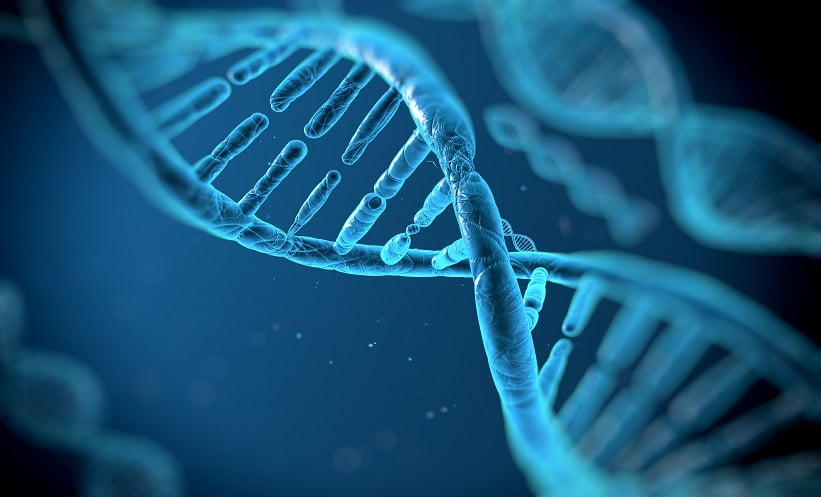A GROUND-BREAKING study has identified circulating cell-free DNA (cfDNA) as a potential biomarker for predicting early relapse in patients with aggressive B-cell lymphoma (ABCL) undergoing chimeric antigen receptor (CAR) T-cell therapy. While this innovative treatment has transformed outcomes for many, approximately 50% of patients experience relapse, often within six months of treatment.
The study analysed CAR DNA levels in cfDNA from 73 ABCL patients treated with anti-CD19 CAR T-cells. Researchers measured CAR copies in cfDNA on day 14 post-infusion, alongside other clinical variables, to assess their predictive value. Findings revealed a significant correlation between higher CAR-cfDNA levels (0.44 vs. 0.07; p=0.019) and improved six-month progression-free survival rates (74.2% vs. 26%, p<0.01). However, no link was found between CAR levels in genomic DNA and cfDNA.
These results suggest that CAR-cfDNA could serve as a powerful predictor of short-term outcomes, potentially enhancing patient management by identifying individuals at higher risk of early relapse.
With further validation, this approach could revolutionise how clinicians monitor and optimise CAR T-cell therapy, offering new hope for ABCL patients at risk of relapse.
Helena Bradbury, EMJ
Reference
Sebastian I et al. Chimeric antigen receptor copies in cell-free DNA predict relapse in aggressive B-cell lymphoma patients treated with CAR T-cell therapy. BJHaem. 2024. doi: 10.1111/bjh.19916.







